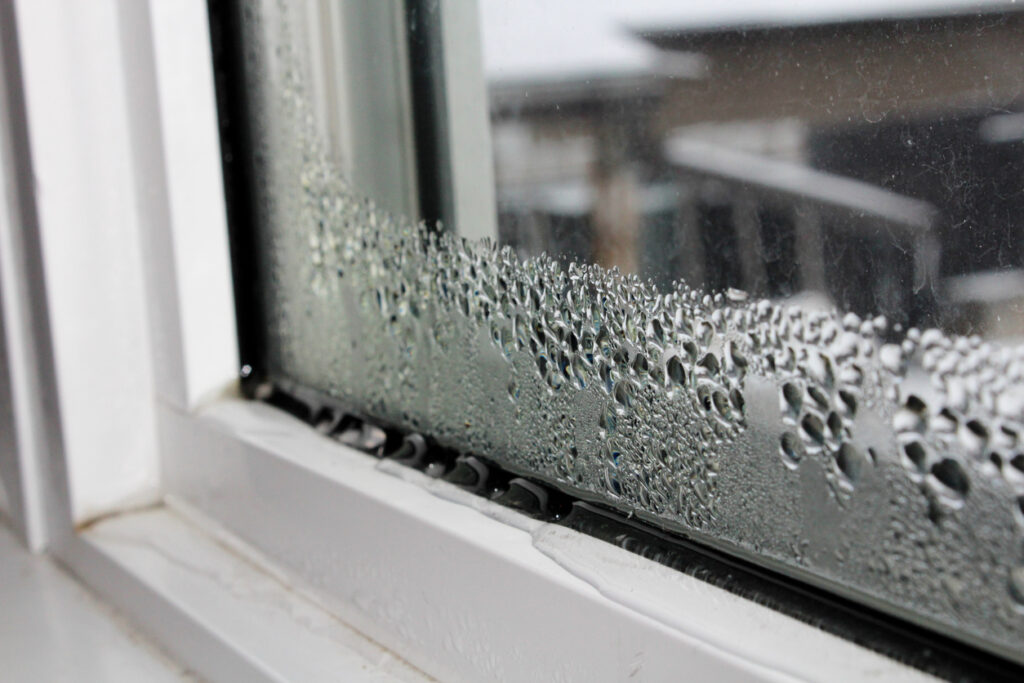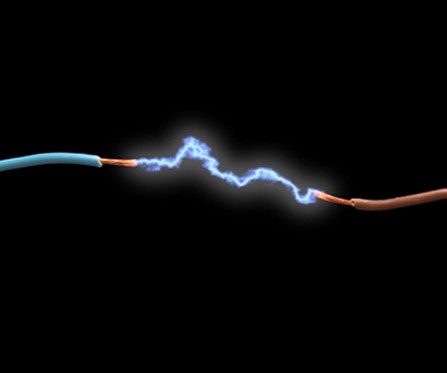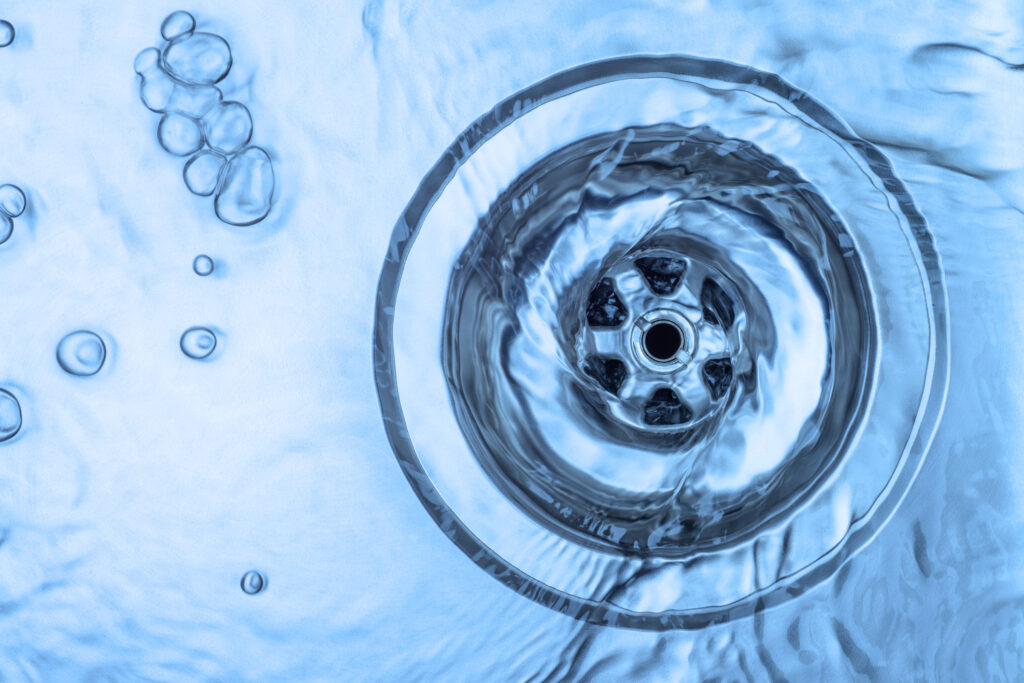How To Fix Hard Water Problems in Minnesota Homes
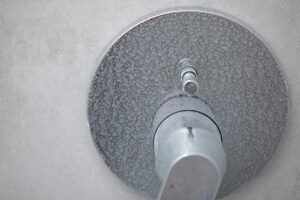
Minnesota, the Land of 10,000 Lakes, is known for its natural beauty and pristine environments, but our water sources are actually presenting a large problem for many homeowners: hard water. If you’ve noticed stubborn white spots on your dishes or laundry that doesn’t quite seem clean, you might be dealing with hard water.
As a local company with over 100 combined years of experience, Dean’s Home Services has the expert solutions you need if you’re dealing with hard water. In this blog, we’ll cover what hard water is, why it’s bad, and how to fix it with the help of our team.
What Is Hard Water?
Hard water is a common issue in many parts of the United States, including Minnesota. It occurs when water contains a high concentration of minerals, primarily calcium and magnesium ions. These minerals are picked up as water passes through underground rock formations, and the result is water that’s tough on your home’s plumbing fixtures and appliances.
Hard Water in the Twin Cities Area
Unfortunately for Minnesotan residents, a majority of towns and cities in our state have hard water. Soft water in the home is generally viewed as 1 grain per gallon (GPG), moderately hard is 3-7 GPG, and very hard is 10+ GPG. Many suburbs in the Minneapolis-St.Paul area have hard water, including:
- Brooklyn Park 24-34 GPG
- Buffalo 17 GPG
- Burnsville 16 GPG
- Champlin 18-26 GPG
- Chanhassen 22-26 GPG
- Edina 18 GPG
- Maple Grove 22-36
- Medina 20 – 23 GPG
- Mound 22 GPG
- Osseo 17 GPG
- Plymouth 22-28 GPG
- Robbinsdale 22 GPG
- Rogers 22 GPG
- Louis Park 18 GPG
- Michael 19 GPG
- Shorewood 20-26 GPG
- Wayzata 20-24 GPG
- Woodbury 17-22 GPG
The Negative Side Effects of Hard Water
Hard water may seem at first seem like a minor inconvenience, but its negative impacts start to add up to a real nuisance. Just some of the side effects of hard water include:
- Scale buildup: The minerals in hard water can accumulate over time, creating scale deposits in your plumbing pipes, water heaters, and other appliances. This buildup reduces water flow, decreases appliance efficiency, and can lead to costly repairs.
- Appliance damage: Hard water can wreak havoc on your appliances, such as washing machines, dishwashers, and water heaters. It reduces their life span and efficiency by causing mineral buildup, leading to higher energy bills and more frequent replacements.
- Skin & hair issues: Bathing in hard water can result in dry, itchy skin and dull, lifeless hair. The mineral residue makes it challenging to rinse off soap and shampoo, leaving behind a sticky film on your skin and hair.
- Dingy laundry: Hard water can make your clothes look dull and faded. The minerals in the water react with detergents, making it harder for them to clean your clothes effectively.
- Soap scum & limescale: Hard water leaves behind soap scum and limescale deposits on your bathroom fixtures, making them look unsightly and harder to clean.
Solve Hard Water With a Water Softener
While hard water can be a persistent issue in Minnesota, there’s actually an easy solution. At Dean’s, we install top-quality water softeners that will make your hard water problems a thing of the past. Our professionals have the expertise to assess your specific water hardness levels and recommend the right type and size of water softener for your home. This ensures that you get a tailored solution that effectively addresses your hard water issues.
Benefits of installing a water softener at your Twin Cities home include:
- Cost savings: While there is an initial investment in purchasing and installing a water softener, it pays off in the long run. You’ll save money on energy bills, appliance repairs, detergent costs as your appliances work more efficiently and last longer.
- Improved water quality: A water softener removes the minerals responsible for hard water, resulting in water that is gentle on your skin and hair. You’ll enjoy cleaner, softer, and more refreshing showers and baths.
- Eco-friendly: Water softeners not only benefit your home but also the environment. Using less soap and detergents, as well as reducing the need for harsh chemicals to clean limescale, contributes to a more eco-friendly household.
Schedule a Water Softener Installation With Dean’s
Don’t let hard water damage your home and diminish your quality of life. Instead, turn to Dean’s Home Services for the water-softening solutions you need. We’ll ensure your home is set up with the ideal solution so that you can enjoy clean, soft water. Our professional plumbing team has over 100 combined years of experience and is committed to friendly customer service, so you can count on us to get the job done right.
Call Dean’s today at 763-515-4852 to schedule a water softener installation in Minneapolis, St. Paul, or surrounding areas.
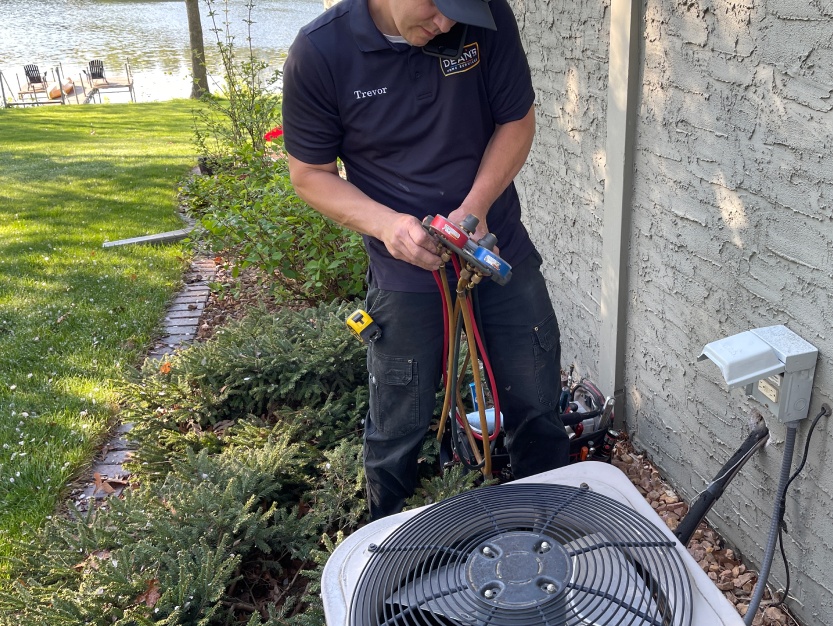
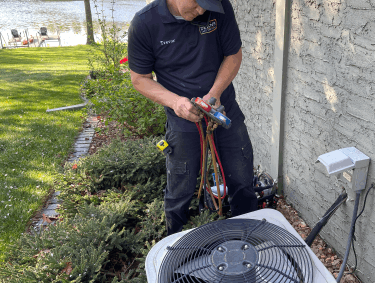



Request Service


- Free annual evaluations
- 10% discount on repairs and equipment
- Priority scheduling
- No regular travel charges
- Discounted after-hours travel charges



